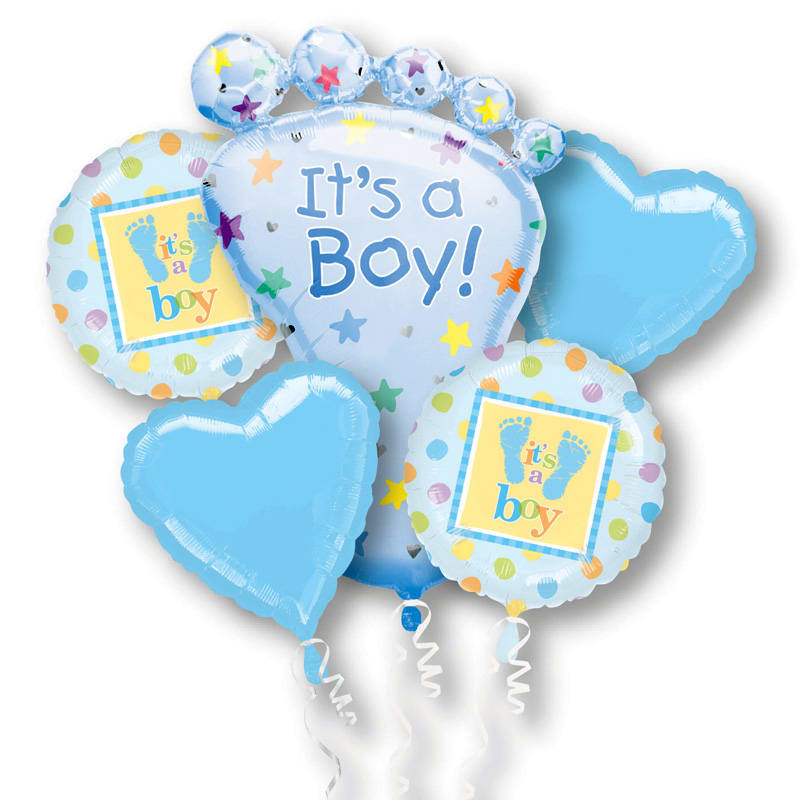IMAGINE, the greatest of all men, the father of all prophets, the one whose name is to be associated with an eternal Torah – and what a simple and unassuming announcement of his birth. So simple is the announcement that his parents’ names are not even mentioned. A man of the house of Levi went and married Levi’s daughter. The woman became pregnant and had a son. Even simple folk, when announcing the birth of a newborn in the local press or synagogue bulletin, announce not merely the full names of the parents, but are sure to also include the names of both paternal and maternal grandparents. Didn’t Moshe deserve at least that much social recognition?
He certainly did. The Torah’s intent however, is to emphasize that the greatest of all men and most prominent of all prophets was born as all other mortals are born, from man and woman; flesh and blood. The birth of the one who had direct communication with God; the one who was able to enter into the prophetic state at will and to transcend the corporeal state completely – Moshe, was born from mortal ish and mortal bat. His birth was not the result of a supernatural, miraculous feat, nor was it a divinely interfered with birth. Moshe was born like you and me. He developed and matured into one with whom God could speak “mouth to mouth.”
The Sefer Ha-Yuchsin adds that the names of Moshe’s parents are irrelevant to what he ultimately became. The individual born with attributes, qualities, and characteristics necessary to become a leader and redeemer must with his own will and energies fully develop them. The one who does can ultimately become Moshe Rabeinu.
Rav Moshe Feinstein probes further into Moshe’s unseemly birth announcement. There may be good reason, he infers, for not mentioning Moshe’s parents’ names in parashat Shemot, but why did the Torah feel compelled to record that Amram married his aunt Yocheved, and she bore him Aaron and Moshe in parashat VaEra? Ultimately, then, Moshe does somehow merit an appropriate birth announcement, even if many years after his birth. Why?
The mere fact that a child is born with apparent positive qualities and attributes, with great potential, is no reason to praise or extol parents, particularly when the child will have to be brought up, nurtured and educated in the midst of a galut, in a secular society and in challenging times. Parents deserve high praise and recognition when the youngster matures and is willing to assume his or her responsible place as a committed and caring member of an adult Jewish community. Thousands of children with fine qualities and great potential are born into Jewish households every year. They are unfortunately, never allowed to develop and blossom Jewishly. Their potentials are consumed by alien cultures, poisoned by all consuming distractions.
When in Parashat VaEra the Torah can attest that vayigdal Moshe – Moshe was grown in both stature and greatness, as Rashi explains – at this point then, it is warranted that there be recognition of the parents. Compliments and praise are due parents not for recognizing a child’s potential, but for investing all they have and then some, in assuring the actualization of the child’s potential. “After it is related that ‘Moshe was grown,’ that he was an eved HaShem and years of his following the ways of God had passed, then the Torah praises the parents and mentions who they are.”
This is the reason, for Rambam’s admonishment in Hilchot Teshuva that it is not predetermined for anyone to be born either righteous or wicked. Rather, free will is bestowed on every human being. If one desires to turn towards the good way and be righteous, he has the power to do so. If one wishes to turn toward the evil way, and be wicked, he is at liberty to do so. Everyone, every newborn has the potential, even if not readily discernible, to become a mentsch; special, kind, generous and sensitive, if only parents and educators would care to invest in the child with all that really counts. Therefore, Rambam concludes: Every human being may become righteous like Moshe our teacher. When they do indeed become the Moshes they are meant to be, their parents’ names will be splashed across headlines – with much pride, satisfaction and deserved recognition.
Rabbi Dr. Eliyahu Safran serves as OU Kosher’s Vice President – Communications and Marketing
The words of this author reflect his/her own opinions and do not necessarily represent the official position of the Orthodox Union.
